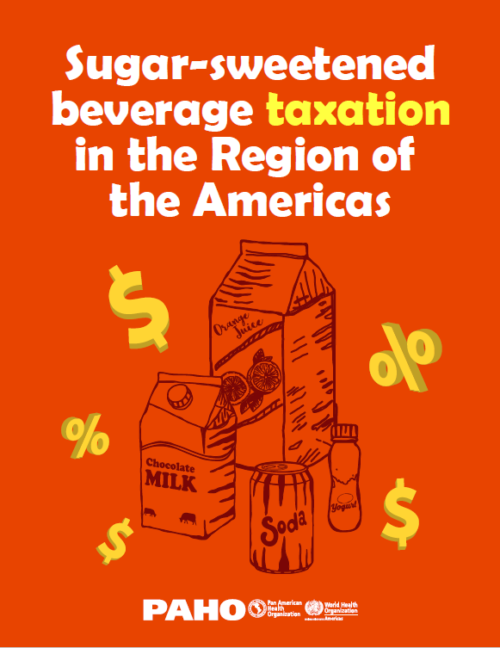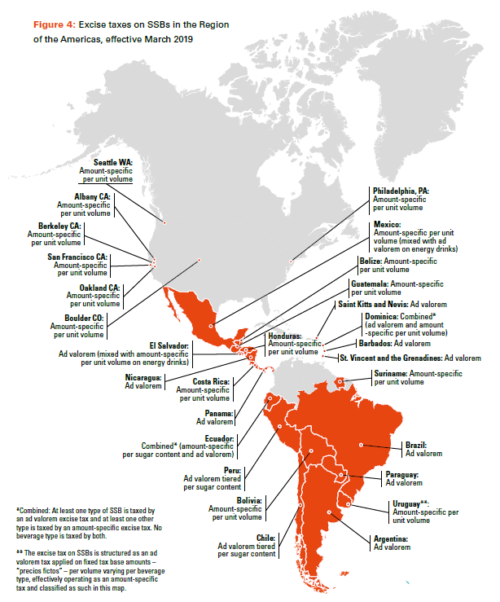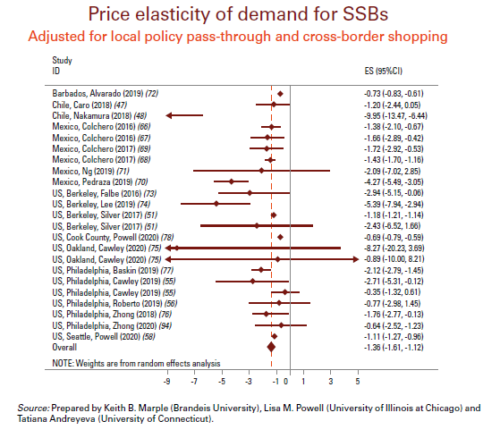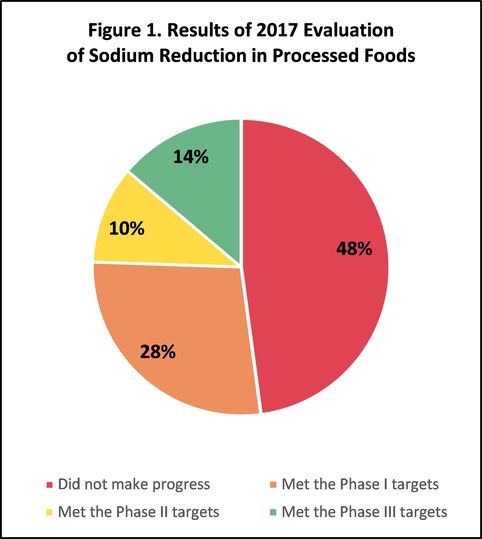Nestlé admits 70% of its products are junk foods
I always like writing about Nestlé, the huge multi-national food company based in Switzerland, because it gives me the opportunity to explain that no, I am not related to it (although colleagues have suggested that I claim to be the black sheep of the family).
Judith Evans, writing in the Financial Times, had a big story about the company (behind a paywall but can also be read at the Irish Times site).
Its headline: “Nestlé says majority of its food portfolio is unhealthy.” She based her story on a leaked internal document.
Nestlé, has acknowledged in an internal document that more than 60 per cent of its mainstream food and drinks products do not meet a “recognised definition of health” and that “some of our categories and products will never be ‘healthy’ no matter how much we renovate”….Within its overall food and drink portfolio, some 70 per cent of Nestlé’s food products failed to meet that threshold [a rating above 3.5 under Australia’s health star rating system], the presentation said, along with 96 per cent of beverages – excluding pure coffee – and 99 per cent of Nestlé’s confectionery and ice cream portfolio.
Because infant formula, pet food, coffee, and the health sciences products were not counted in this analysis, the data apply to about half of Nestlé’s €84.35 billion ($102.6 billion) total annual revenues—Nestlé is indeed Big Food.
I was interviewed for this story, and quoted:
Marion Nestle (no relation), visiting professor of nutritional sciences at Cornell University, [*] said Nestlé and its rivals would struggle to make their portfolios healthy overall.
“Food companies’ job is to generate money for stockholders, and to generate it as quickly and in as large an amount as possible. They are going to sell products that reach a mass audience and are bought by as many people as possible, that people want to buy, and that’s junk food,” she said.
“Nestlé is a very smart company, at least from my meetings with people who are in their science [departments] . . . but they have a real problem . . . Scientists have been working for years to try to figure out how to reduce the salt and sugar content without changing the flavour profile and, guess what, it’s hard to do.”
[*] Oops. That should have been Professor Emerita at NYU. I asked for a correction and thought I had gotten one, but maybe only in the Financial Times.
I was also interviewed by Margarita Raycheva at IHS Market Connect(formerly Food Chemical News, and also behind a paywall):
Marion Nestle says labeling systems fail to account for ultraprocessed foods
While Nestlé’s plans to improve nutritional profiles have sparked some hope in nutrition experts like Hercberg, at least one other leading expert remains skeptical. According to Marion Nestle, a leading nutrition expert and professor at New York University, successful efforts to improve nutrition would have to go beyond meeting thresholds set through label ratings.
“What is at issue in this discussion is whether a somewhat healthier option is a better choice or even a good choice,” Nestle told IHS Markit on Monday (June 1).
While label-rating systems may flag some nutrients of concern, they do little to reduce consumption of ultraprocessed foods, which have been linked to both obesity and chronic disease, Nestle noted.
“NutriScore gives points for less sugar and salt, even to foods that are still ultraprocessed, and so do other nutrient-based front-of-package labeling systems, making all of them gameable by taking off a gram or two,” she said.
“Calling for reduction of consumption of ultraprocessed foods is much simpler, but it would exclude most of Nestlé’s products, even with tweaks,” she added.
The Swiss food giant has confirmed it will update its nutrition and health strategy after British newspaper the Financial Times published leaked internal documents acknowledging that nearly 70% of its main food and drinks products, making up about half of Nestlé’s CHF92.6bn total annual sales, do not meet a “recognised definition of health” and that “some of our categories will never be healthy”…. Read more
No matter how much Big Food companies say that want to promote health and wellness, they can only do so if their products continue to make the same kids of profits as do ultra-processed junk foods. The company knows this and got caught saying so in public.
As for the uncounted other half of this company’s revenues? I’m keeping an eye on pet food. Pet Food Industry reports that Nestlé is investing 1 billion yuan in pet food manufacturing in China.










